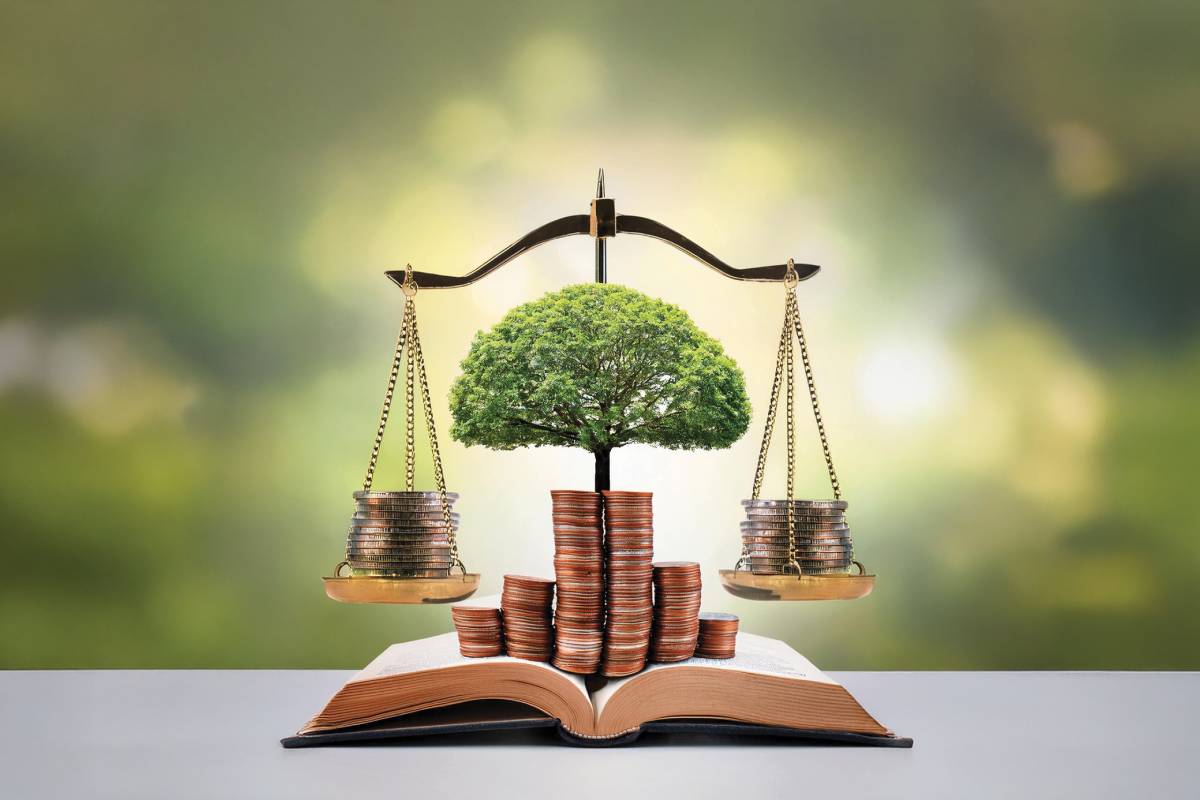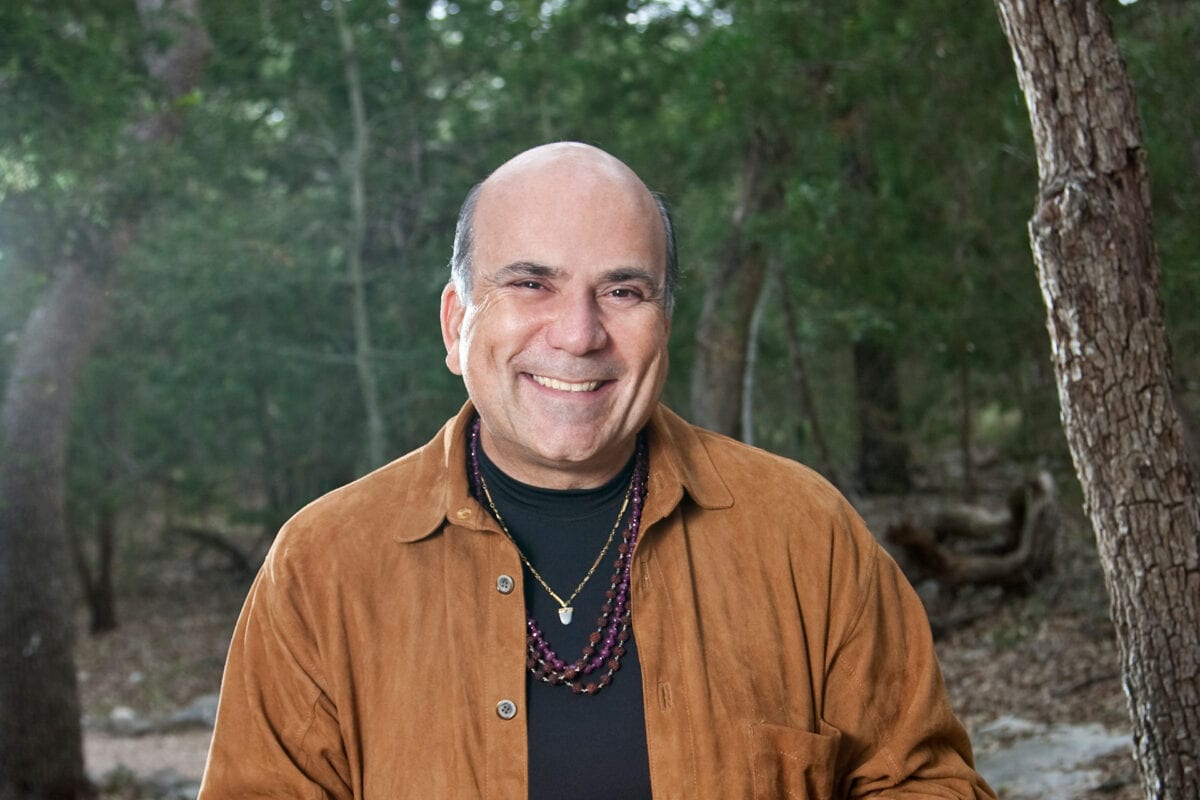With the world in a state of economic downturn, everyone is feeling the effects. The fallout from the pandemic, the war in Ukraine, climate change and increasing economic inequality are coming to the forefront of our minds as needing to be tackled urgently. Ensuring that the economy survives means preserving our way of life. But our economy is in dire need of help.
As times change and the needs of the general population shift, there is no way to definitively say what can be done to make sure an economy survives. However, we can assess what is causing significant and ongoing hardship now and put policies in place to guarantee that we are better prepared for the future, as well as increasing overall life satisfaction in the current economic climate.
Inflation is often to blame for many people’s unhappiness. A high cost of living means that people are saving rather than spending, which means that money is not being put back into the economy. In addition, many people are making significant lifestyle changes in order to deal with rising costs. In fact, the high cost of living is one of the most commonly listed factors for the falling birthrate, resulting in less young workers paying taxes and funding the programs that our ageing population use.
But tackling inflation is a multi-step process that requires long-term solutions, as well as working towards making sure that solutions are innovative and preventative rather than just reactive band-aids.
End the War in Ukraine
According to The United Nations, “the war has contributed to volatile and elevated commodity and energy prices, which exacerbated food shortages and stoked inflation in many regions across the world.” Sanctions on and shortages of commonly exported goods from Ukraine and Russia, one of the most prominent being wheat, has put pressure on other countries to pick up the slack in production in ways that are unsustainable. This is resulting in increased food shortages and worsened inflation.
Invest in Health
There needs to be preventative measures put in place to ensure that the financial instability that we saw during the pandemic does not do the same amount of or more damage in the future. Having a plan in place well in advance of an emergency will significantly speed up reaction time. Needing only to pivot during an emergency is far better than coming up with an entire plan on the spot.
In addition, due to climate change, the health of the general public will be severely impacted. The number of people dying from heat related illnesses is rising, and deadly diseases such as Lyme disease thrive in a hot climate. More preventative policies need to be enacted in order to protect public health.
Climate Change
Climate change impacts every aspect of our lives. It impacts our health, our jobs including agriculture and tourism, it disrupts supply chains, decreases our resources in energy and power, as well as other resources we use in our daily lives. According to Schroders, “climate change will reduce economic growth and create higher inflation. From a monetary policy standpoint, such a stagflationary environment will place the world’s central banks in a dilemma: weaker growth will bring calls to stimulate the economy, but such efforts are only likely to aggravate inflation.”
To combat this, it is important to expand how a country measures success by including well-being and sustainability. Implementing policies and infrastructure that pushes renewable energy and reduces carbon emissions. Pledging to honor the Paris Agreement and then actually following through. Putting combating climate change at the forefront will create a trickle-down effect and will alleviate other financial pressures that the economy is facing.
Strive for Economic Equality
In recent years we’ve been seeing a widening gap between the rich and low-income earners. In fact, the middle class is slowly starting to disappear as the disparity in wages grows. So, one of the most obvious solutions, is taxing the one per cent and big businesses. It is important in an economic downturn to have money circulating. So, allowing a few people to hold most of the world’s wealth for themselves doesn’t make sense.
https://www.imf.org/en/News/Articles/2022/04/14/sp041422-curtain-raiser-sm2022
https://ssir.org/articles/entry/the_vision_of_a_well_being_economy
Lauren Schwartz | Staff Writer




















